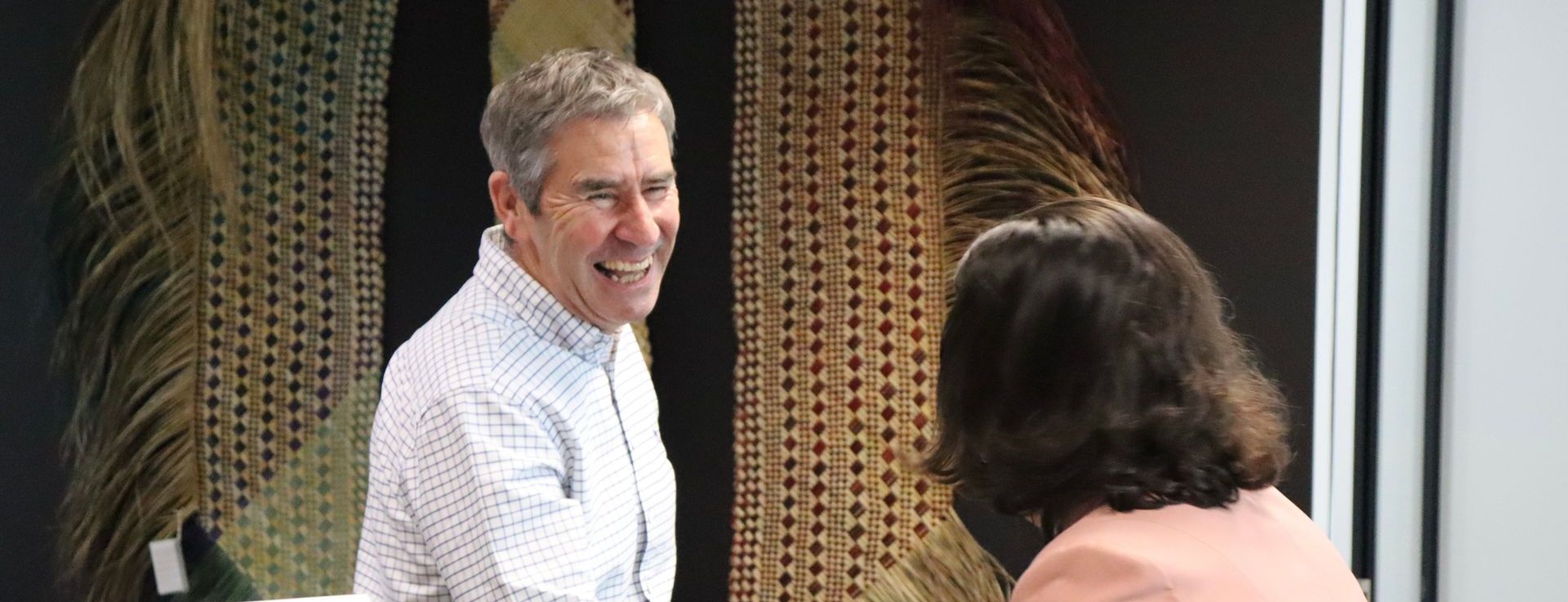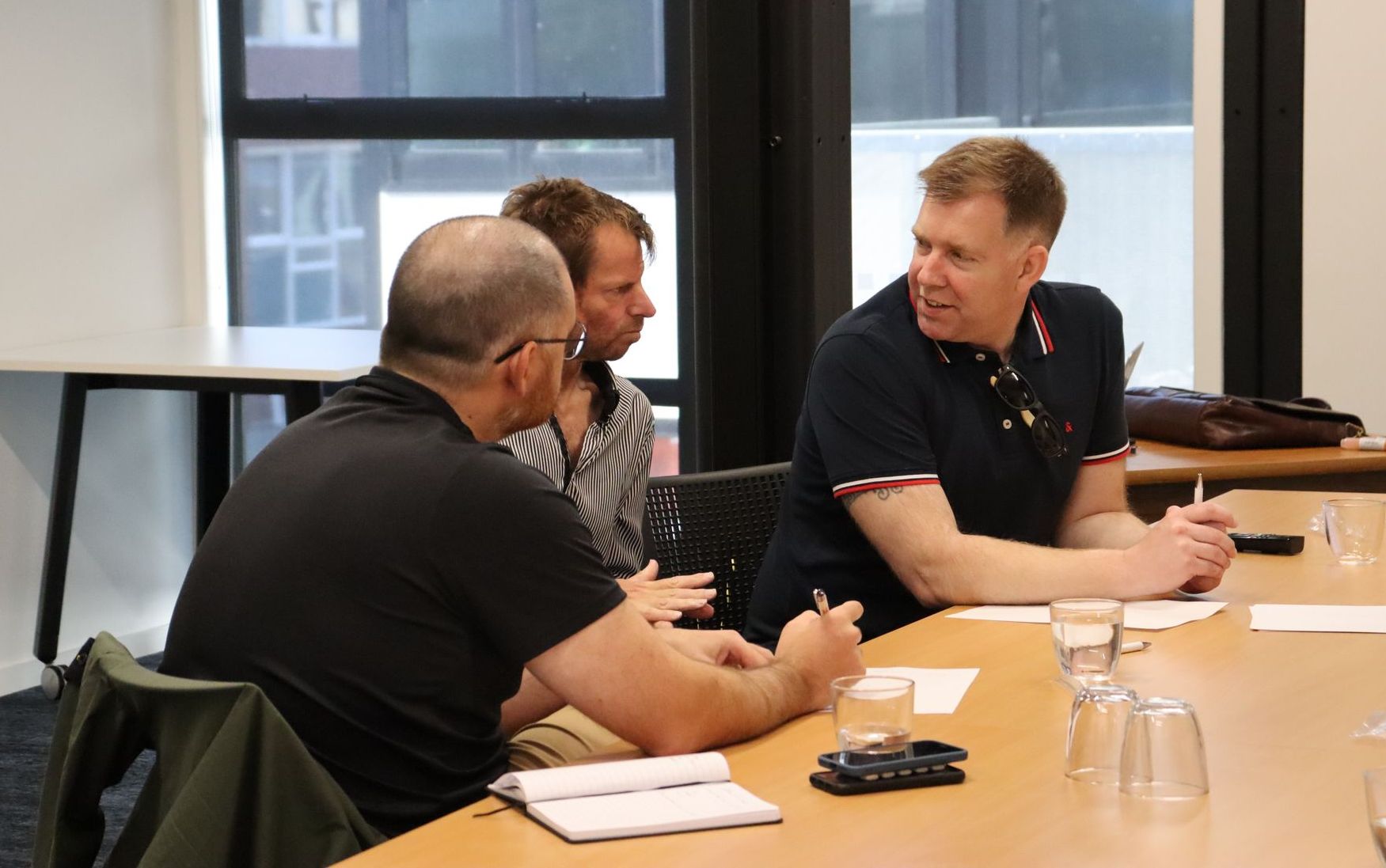The Insider’s Guide To: The Interview Process
Step 1)
Step 2)

Step 3)
During the interview sit upright in your chair and look the prospective employer in the eye. Look alert and interested and be a good listener as well as a good talker. Smile. Try to get the employer to describe the position and duties early in the interview so that you can relate your background and skills to the position.
Step 4)
Be able to talk knowledgeably about your current or last employer. Be armed with intelligent questions. Think of the interview as a two-way street. While the employer will want to establish whether you are a good fit for a business, you must determine whether the company can provide the career path or opportunities you are seeking.
Step 5)
Questions you might ask include: why is the position available; what sort of training programme is in place and what are the company’s growth plans. Be prepared to answer questions such as: why would you want to work for the company; your career goals; your major strengths and weaknesses and what does teamwork mean to you.
Step 6)
As the interview winds up, don’t be discouraged if no job offer is made. There may be other applicants to interview or the employer may wish to consult other senior staff. If you are interested in the job, make it clear that you are keen. If you are offered the position but need time to think about it, be courteous and provide a definite date for your answer.
Step 7)
Thank the interviewer for his/her time and consideration of you. Remember: if you have answered the two most important questions: why you are interested in the job/company and what you can offer, you have done your best. If you did not sell yourself as well as you hoped, you have had a valuable experience and it will help you perform better next time. Step 8) Finally, it is crucial that your contact your recruiter almost immediately to make clear whether or not you are interested in the job. Never sit at home wondering whether you will hear from someone – take the pro-active approach.
A few things to watch out for:
-Don’t inquire about salaries, holidays or bonuses during the initial interview unless you are positive the employer is interested in hiring you. BUT, you should know your market value and be prepared to specify your required salary or range.
-During the course of the interview, the employer will be evaluating your negative factors as well as your positive attributes. Among factors that can lead to a poor impression are: a limp, fishy handshake; unkempt personal appearance; lack of planning for career with no purpose or goals; overly aggressive or know-it-all attitude and lack of confidence.
This article was produced in consultation with Ian McPherson, National Operations Manager of Enterprise Recruitment.













